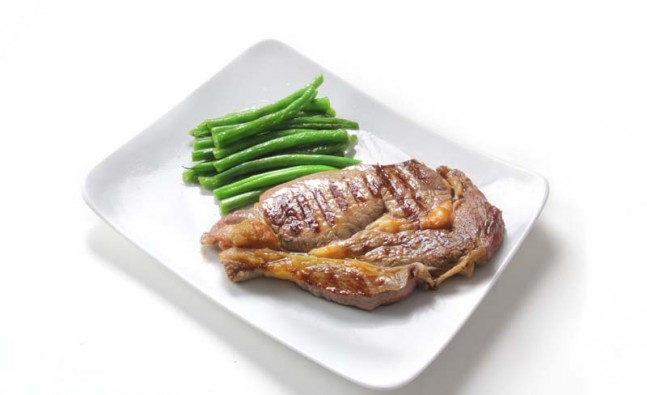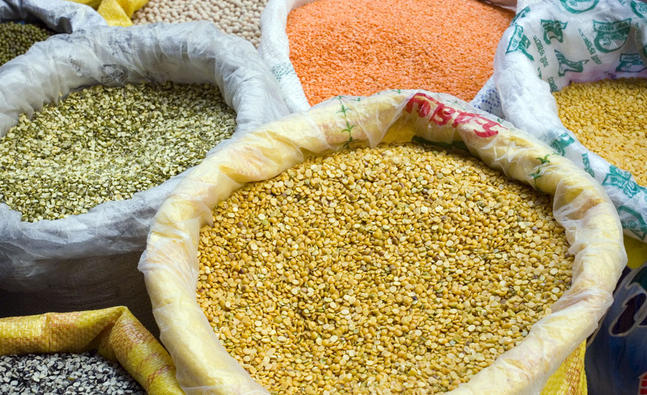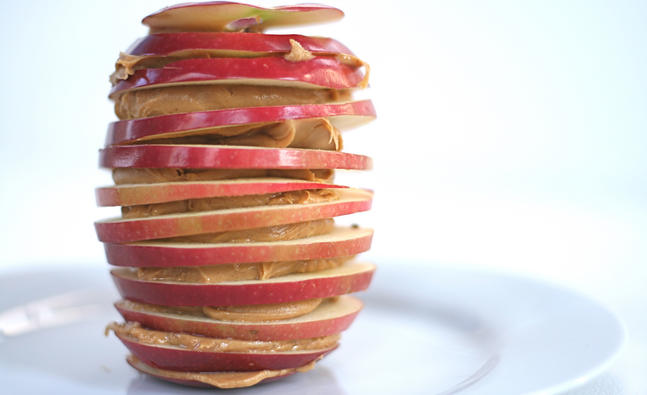How to give up sugar by changing your eating habits
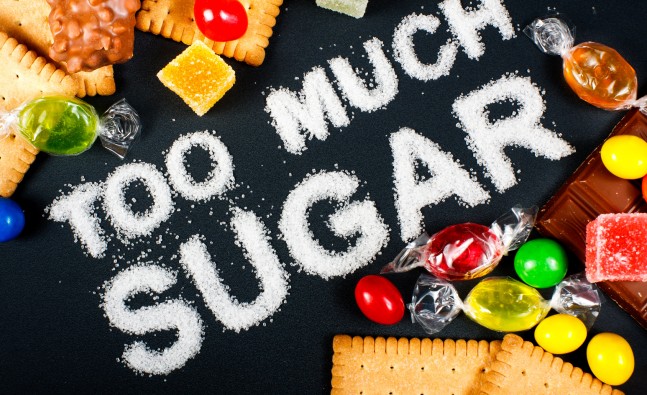
Giving up sugar can lower your risk of obesity, diabetes, heart disease and other organ problems, and can lead to an improved quality of life.
Sugar is an addiction similar to caffeine and alcohol, so be prepared for some withdrawal symptoms.
WikiHow can help with some useful tips on how to give up sugar.
- Drastically minimise processed food
Sugar is commonly added to processed and packaged foods to improve the taste, texture, and shelf life. Choose food that's not processed. Shop on the periphery of the supermarket for fresh produce, fresh meat, and dairy items.
- Frozen food, packaged snacks, canned soup, yogurt, sauces, salad dressings, and marinades often have added sugar. Make these items from scratch.
- Processed fruit, fruit juice and dried fruit contain loads of sugar. If you're including fruit in your diet, make sure it's fresh. However, fresh fruit is high in fructose so don’t overdo your intake of fresh fruit either
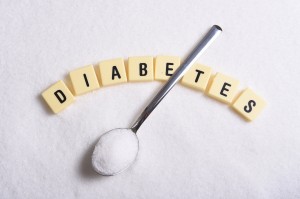
Focus Pocus LTD - Fotolia.com
- Check ALL labels
Eliminating sugar requires paying very close attention to what you buy at the supermarket since around 80% of processed foods have added sugar. Apart from cakes and cookies, sugar can also be found in foods like salad dressing, bread, and tomato sauce. Check labels carefully and avoid foods that contain sugar.
- Sometimes sugar is listed as sucrose, glucose, dextrose, fructose, or lactose. Avoid anything that has an ‘-ose’ word, because that means it has added sugar.
- Artificial sugar might be listed as aspartame, acesulfame potassium, saccharin, neotame, sucralose, maltitol, sorbitol, or xylitol. Artificial sugar can be harmful to your health – avoid it.
- Cook delicious sugar-free meals at home as often as possible
Keep your taste buds singing by cooking tasty but sugar-free meals at home in your own kitchen. That way you can control exactly what goes into your food, and you won't have to stress out about added sugar.
- Eat heaps of vegetables, both fresh and cooked.
- Eat plenty of protein in the form of eggs, beans, meat, fish, tofu, leafy green veggies, and other protein-rich items. Protein helps you feel full and will reduce your sugar cravings.
- Make your own sugar-free dressings and sauces using good oils, herbs and spices.
- Make sure you're getting plenty of healthy fats, which provide necessary calories and keep you feeling full. Olive oil, avocados, grape-seed oil, coconut oil, butter, cream and ghee should all be a big part of your sugar-free diet.
- Avoid all carbonated soft drinks
Most carbonated soft drinks contain up to 15 teaspoons of sugar. Avoid them, as well as those with artificial sweeteners that can be detrimental to your health.
- Cut back severely on alcohol
All alcoholic beverages contain sugar. A small glass of red wine a day should be your alcoholic limit.
- Minimise eating out
Try the following sugar-free tips when out to eat:
- Get your salads dressed with cold-pressed olive oil and balsamic vinegar, rather than a pre-made salad dressing.
- Ask for main dishes to be made without sauces and gravies that might have added sugar.
- When in doubt, order steamed vegetables or plain grilled meats instead of casseroles and other mixed dishes with many ingredients.
- Try to skip dessert altogether.
-
Low energy density foods are great for weight loss
-
Simple swop for weight loss
-
56 Ways to Start Losing Weight Today
This article was republished with permission from POPSUGAR Fitness. L
-
Too much of a good thing - 5 healthy foods that could be making you fat
-
5 Freezer-Friendly Foods Thatll Help You Burn More Fat
This article was written by Lizzie Fuhr and repurposed with permission
-
How to keep the weight off this winter
- DON'T MISS
- Exercise before giving in to temptations
- What is the best diet out there?
- Is Giving Up Dairy a Good Way to Lose Weight?
- 5 Healthy cooking tips for busy families
- Cabbage soup and grapefruit: flush fat?
- Do this to stay motivated about shedding weight
- Lose Weight While You Sleep
- 3 Ways to stop wasting fresh food
- 5 Proteins you should be eating (but probably arent) PLUS recipes
- Reduce your calorie count by going without milk
